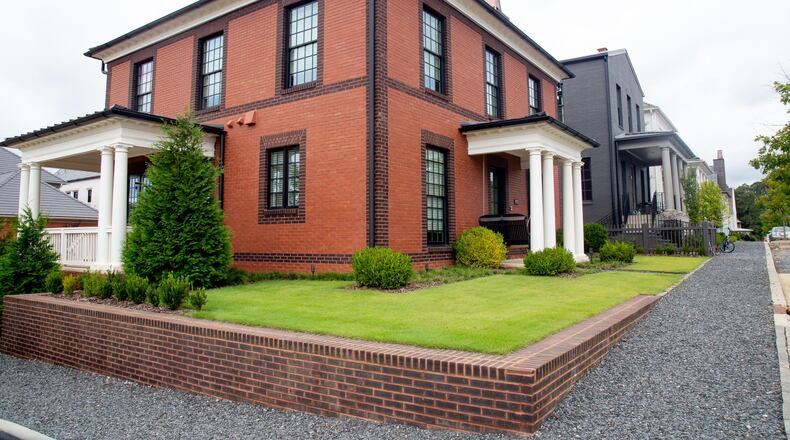Clayton County is launching a sustainability effort to bring more environmentally friendly construction practices to the south metro Atlanta community, while also going after grant money available for green building.
The county commission earlier this week approved the creation of a new Office of Resilience and Sustainability. The agency’s goals will include helping the county plan new buildings with lower utility costs; controlling stormwater issues in flood-prone areas; and addressing concerns about runoff from the construction at upstream sites such as Hartsfield-Jackson International Airport.
“This office will look at things like regional planning with other municipalities,” said Clayton Chief Operating Officer Detrick Stanford. “For instance, if there is a project in say Fulton County, we don’t want to deal with flooding in Clayton County because there hasn’t been a discussion about the impact runoff from that site could have downstream.”
Clayton’s move mirrors efforts across the metro area over the last decade to address climate change, environmentally friendly building practices and future infrastructure needs as Atlanta’s growth boomed. The city of Atlanta and each of the larger metro counties — Cobb, DeKalb, Fulton and Gwinnett — have divisions for sustainability efforts.
In addition, the number of LEED certified buildings — structures that meet strict green building standards — have flourished in the metro area, including Mercedes-Benz Stadium in downtown Atlanta, the Federal Reserve Bank in Midtown and Fulton County libraries in Fairburn and East Point.
Clayton Fire Chief Landry Merkison will act as chief resilience officer and David King, the department’s chief operations officer, will be the office’s chief of staff. The two will receive $11,000 and $10,000 respectively for taking on the additional duties.
Rob Parker, president of Town at Trilith in Fayette County, welcomed Clayton’s efforts to bring sustainability to south metro.
The 235-acre Town at Trilith, formerly known as Pinewood Forest, has made sustainable construction a cornerstone of its building, including using smart-home technology, square-footage efficiency practices, along with spray foam insulation and geothermal energy to be more environmentally friendly.
“I think there is a ton of interest in it,” Parker said of sustainability. “I do think you’ll see an imitation of this.”
About the Author
The Latest
Featured


